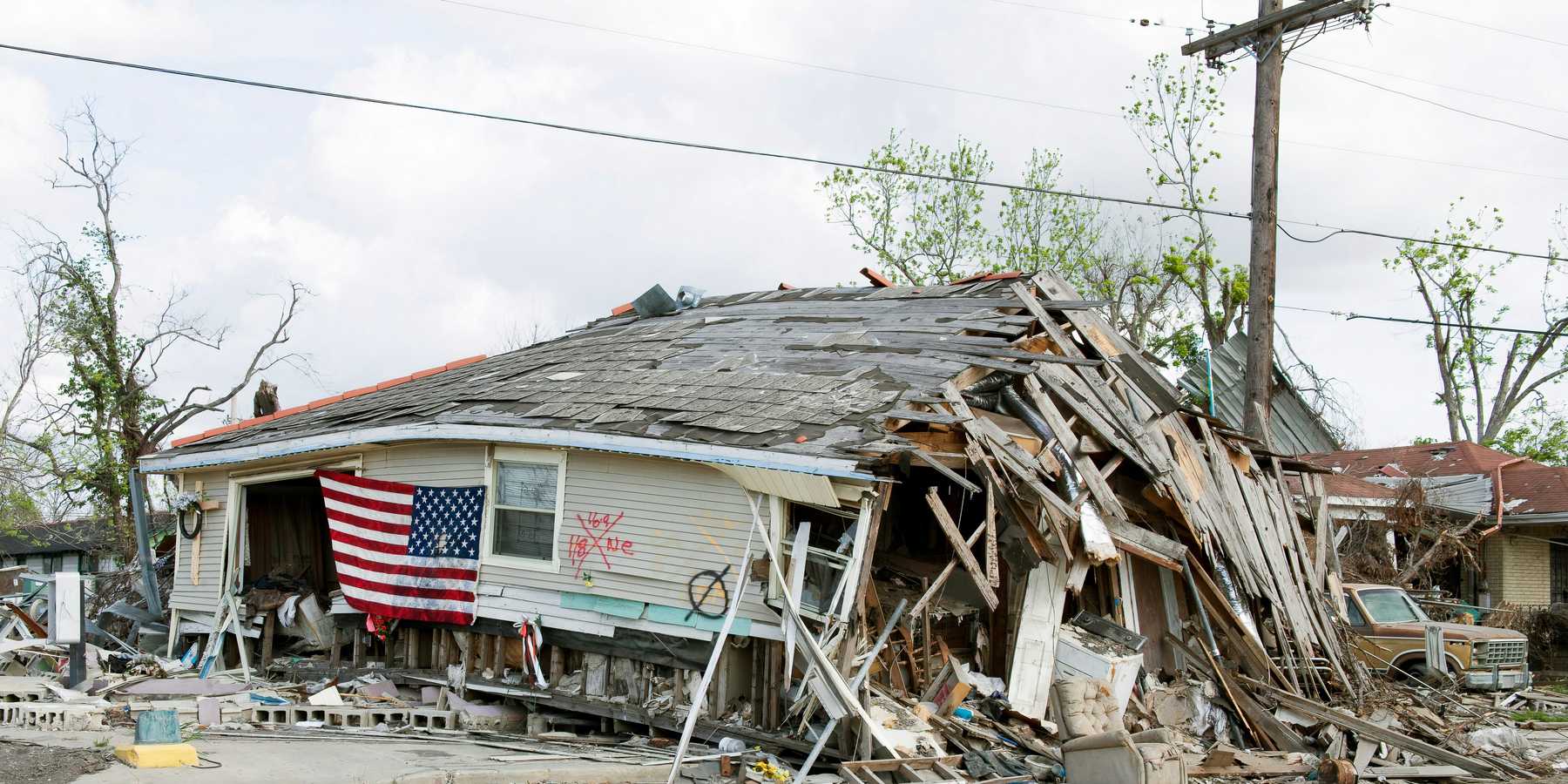
Disaster aid cuts raise fears of post-Katrina failures as hurricane risks grow
A generation after Hurricane Katrina devastated New Orleans, survivors and experts warn that sweeping cuts to the Federal Emergency Management Agency (FEMA) under President Trump could leave the U.S. dangerously unprepared for future climate-driven disasters.
Dharna Noor reports for The Guardian.
In short:
- FEMA has laid off about one-third of its workforce under Trump and slashed funding for disaster preparedness and recovery, including grants aimed at vulnerable communities.
- The president has signaled a shift to “state-led” disaster response, but former officials say states have always led — with federal backup — and many lack the resources to manage growing climate threats.
- Trump’s appointee to lead FEMA has no prior disaster management experience, violating post-Katrina reform law and drawing sharp criticism from emergency management professionals.
Key quote:
“It has been so demoralizing to realize how closely aligned we have become again to what Fema looked like pre-Katrina, and how quickly we’ve backslid on the progress of the last 20 years.”
— Samantha Montano, disaster response expert at Massachusetts Maritime Academy
Why this matters:
After Hurricane Katrina exposed deep gaps in disaster readiness, Congress passed reforms to ensure the agency could respond more quickly and equitably. Those hard-earned changes are now unraveling. Layoffs, funding cuts, and politically driven leadership appointments are degrading FEMA’s capacity just as extreme weather becomes more frequent and more destructive. Poorer communities like New Orleans’s Lower Ninth Ward, which still bears Katrina’s scars, are at the greatest risk. Without strong federal support, states with limited budgets and infrastructure will struggle to respond, leaving vulnerable residents to fend for themselves when the next storm hits.
Read more: FEMA workers say mismanagement under Trump puts disaster response at risk













